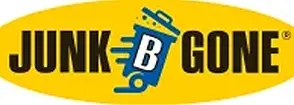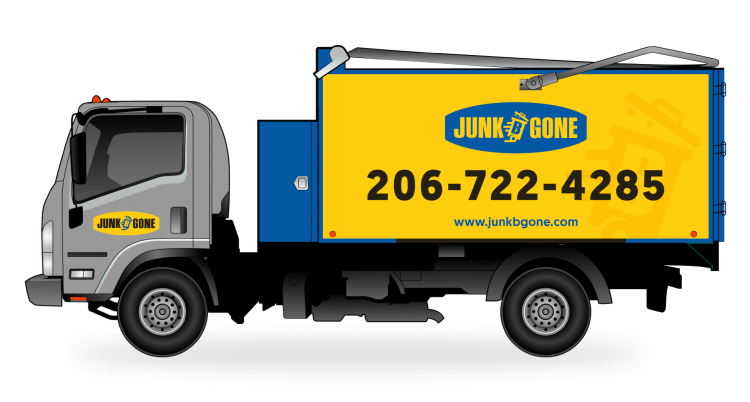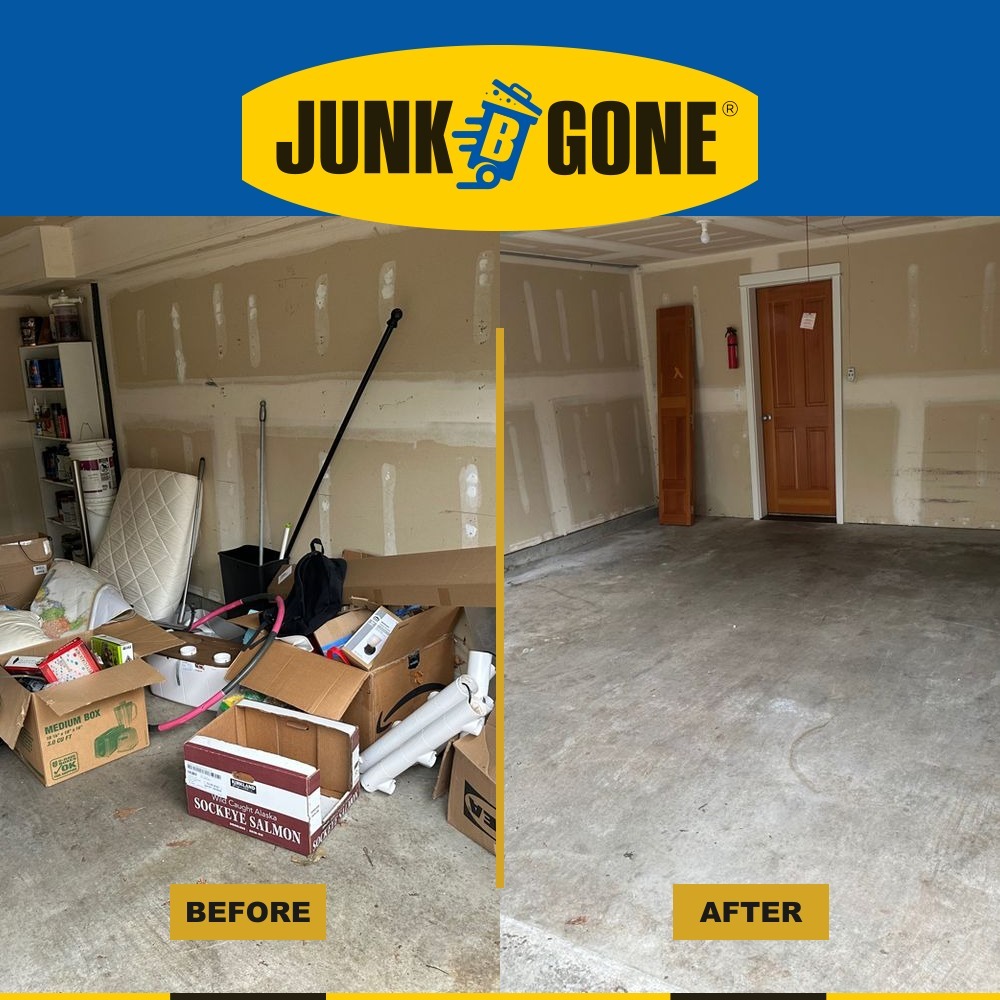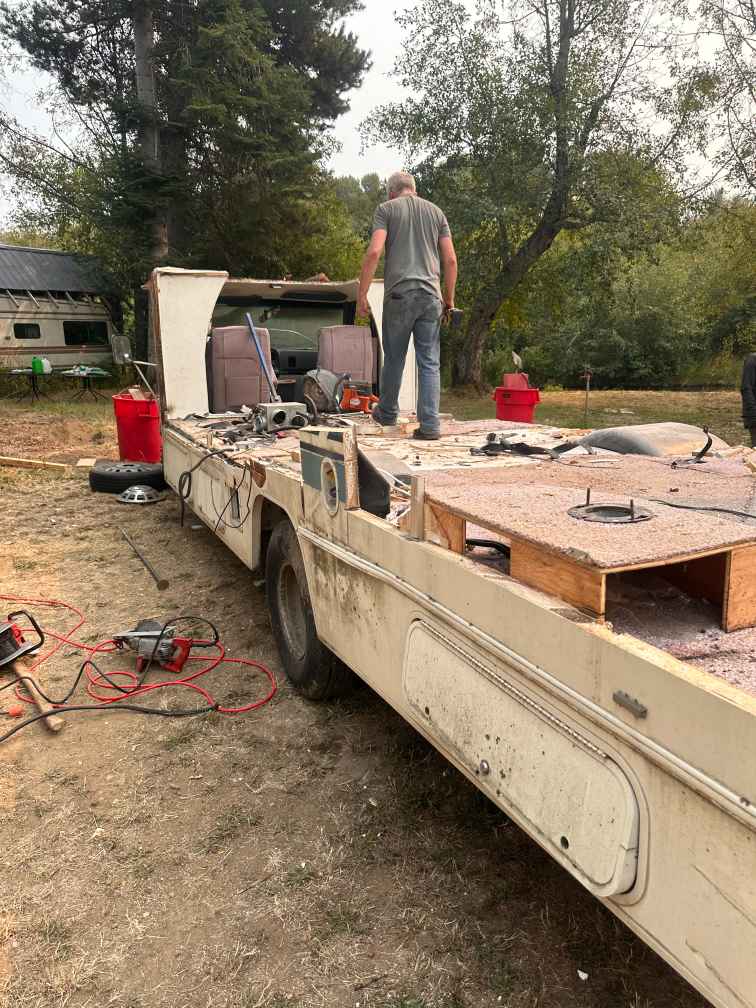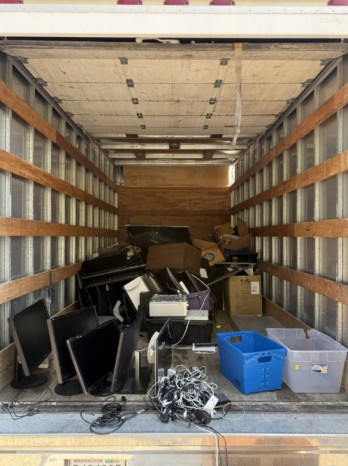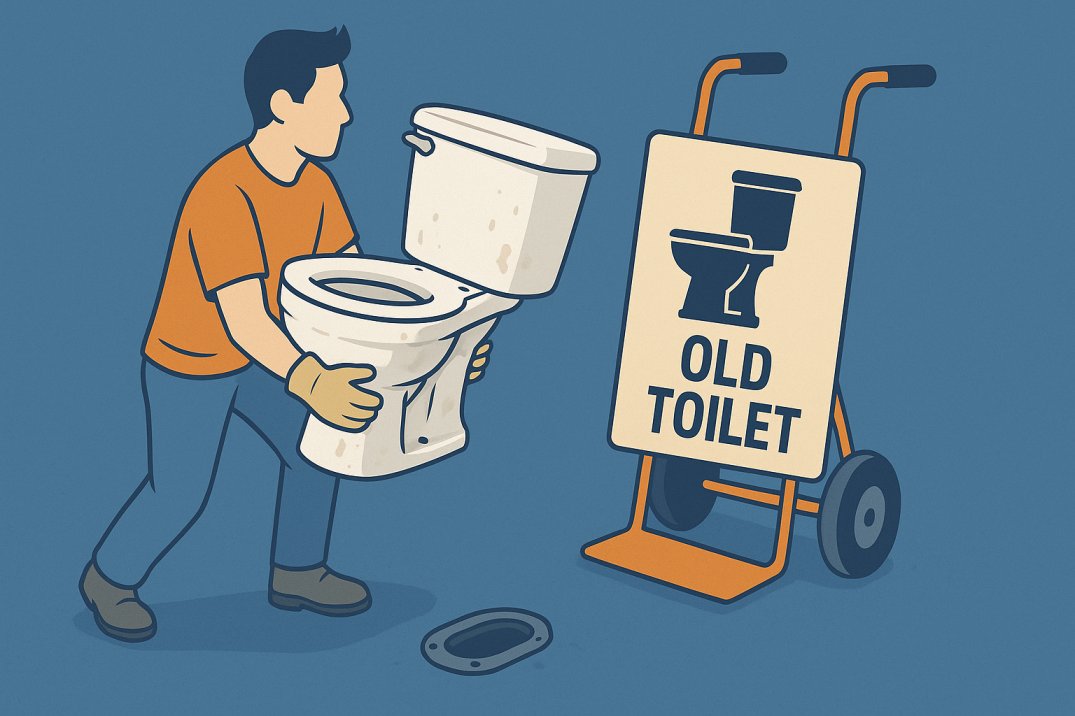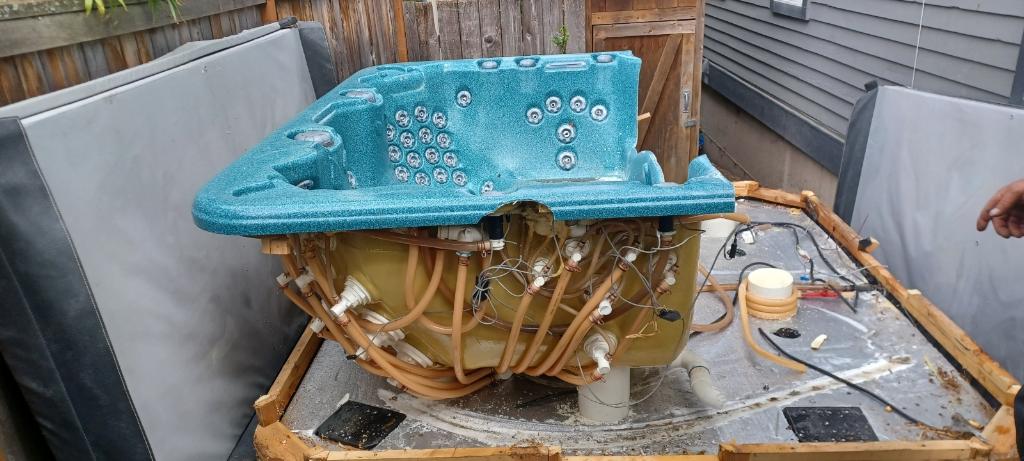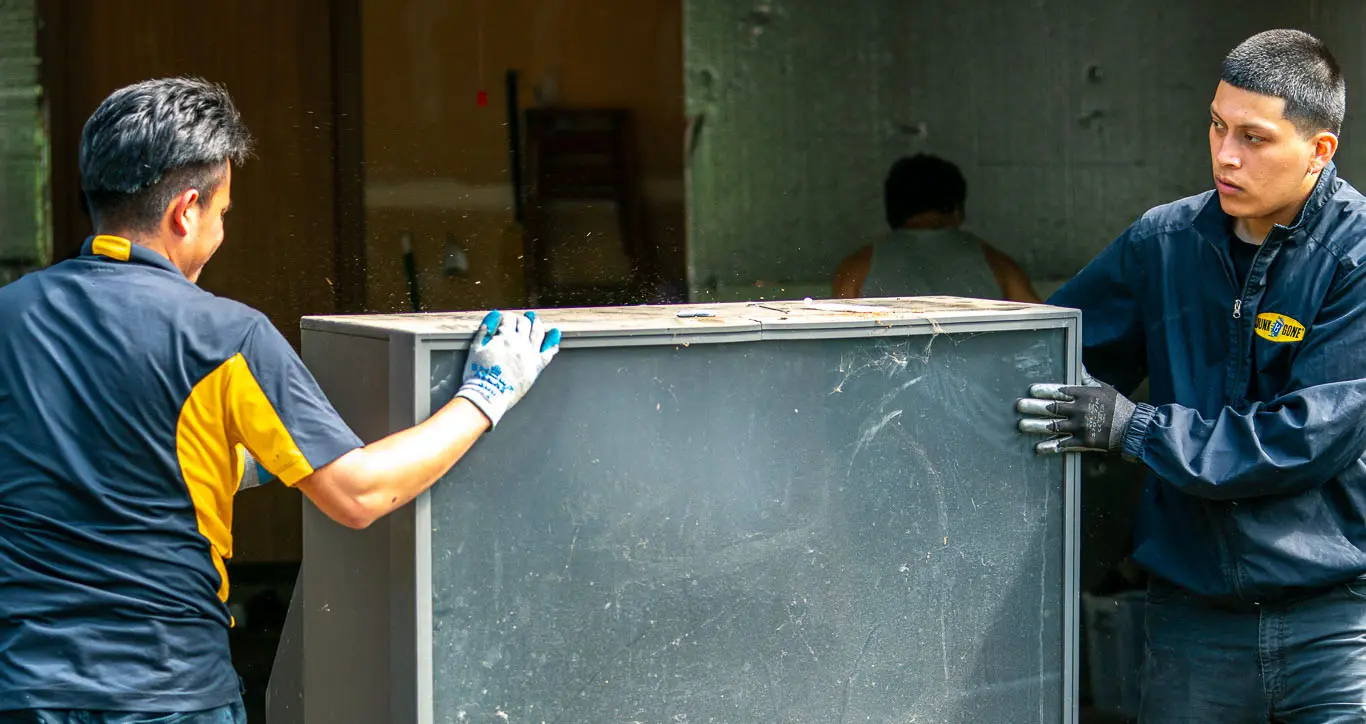
Moving a business is a big deal—it’s not just about packing boxes and loading trucks. Commercial moving involves relocating everything from office furniture and equipment to important documents and sensitive technology. It takes careful planning, organization, and experience to move a business without disrupting daily operations.
Professional handling is crucial when it comes to commercial relocations. Unlike residential moves, business moves often involve tight timelines, heavy or delicate equipment, and the need to minimize downtime. Choosing the right team ensures everything is moved safely, securely, and on schedule—keeping your business running as smoothly as possible during the transition.
In this guide, we’ll break down everything you need to know about commercial moving. We’ll cover what it is, how it’s different from residential moving, the services involved, what it costs, and how to prepare for a seamless move. Whether you’re relocating a small office or a large warehouse, understanding the basics can help you make smarter, stress-free decisions.
What Is Commercial Moving?
At its core, commercial moving is the process of relocating a business from one location to another. This includes moving office equipment, furniture, electronics, sensitive documents, and sometimes even specialized machinery. The goal is to shift everything safely and efficiently while minimizing disruption to the business’s operations.
How Is Commercial Moving Different from Residential Moving?
While residential moving focuses on personal belongings and homes, commercial moving deals with the needs of businesses, often requiring a higher level of planning and logistics. Commercial moves might involve complex IT systems, confidential files, expensive office furniture, and very tight timelines. Residential moves are usually about getting things from Point A to Point B; commercial moves are about doing it fast, safely, and without impacting business continuity.
Types of Businesses That Use Commercial Moving Services:
Many industries rely on commercial movers, including:
- Offices (law firms, tech companies, corporate headquarters)
- Retail stores (clothing shops, showrooms, specialty stores)
- Warehouses and distribution centers
- Medical offices and laboratories
- Educational institutions and libraries
- Restaurants and hospitality businesses
Each type of business comes with its own set of challenges, which is why experienced commercial movers offer customized services to meet specific needs. Whether it’s a simple office move or a full-scale industrial relocation, having the right team can make all the difference.
What Does a Commercial Mover Do?
A commercial mover handles much more than just loading and unloading trucks. They specialize in moving all the critical parts of a business, while minimizing downtime and keeping operations as smooth as possible. Their job is to ensure everything—from expensive equipment to important paperwork—gets to the new location safely and efficiently.
Services Typically Offered by Commercial Movers:
- Packing and Unpacking
Movers bring all the necessary materials to pack computers, furniture, and files securely. They carefully label and organize everything, making unpacking at the new site fast and easy. - Furniture Disassembly and Assembly
Large conference tables, modular desks, and office cubicles often need to be taken apart. Commercial movers handle disassembling, transporting, and reassembling furniture without damaging anything. - Specialized Equipment Moving
Moving sensitive gear like IT servers, medical equipment, or manufacturing machinery requires special skills. Professional movers have the right tools and techniques to protect and move heavy, delicate, or high-value equipment safely. - Storage Solutions
Sometimes businesses can’t move everything at once. Commercial moving companies often offer short-term or long-term storage options to hold furniture, files, or equipment until you’re ready for them at the new location. - Coordination and Logistics Planning
Perhaps the biggest role of a commercial mover is project management. They create detailed moving plans to minimize downtime, keep teams on schedule, and handle any surprises along the way.
Hiring a professional commercial moving company means you get more than just strong hands—you get an organized, stress-free relocation that keeps your business moving forward. The right movers make the entire process faster, safer, and much less overwhelming.
Key Differences Between Commercial and Residential Moves
At first glance, moving is moving—right? But when you dive deeper, there are some major differences between commercial and residential moves that businesses need to know about. Moving an office or warehouse is a completely different ballgame compared to relocating a family home.
Complexity and Scale
Commercial moves are often larger and more complex. Instead of moving a few bedrooms and a kitchen, movers deal with dozens (or hundreds) of workstations, large conference tables, cubicles, and specialized equipment. Every piece has to be accounted for, properly packed, and transported without disrupting the business too much.
Equipment and Technology Handling
Businesses rely heavily on technology, and commercial moves require expert handling of IT servers, computers, copiers, and sometimes even heavy machinery. Movers must know how to pack, transport, and set up technical equipment properly so that businesses can get back online quickly after the move.
Downtime and Timeline Flexibility
Residential moves are often scheduled during regular daytime hours, but that doesn’t work for businesses. To minimize disruption, commercial movers often work after-hours, overnight, or on weekends. Every hour a business is offline can mean lost revenue, so minimizing downtime is a major priority.
Planning and Coordination
In a residential move, flexibility is fine—you might take a few extra days to unpack. In a commercial move, tight coordination is critical to ensure employees, customers, and operations aren’t affected. A detailed plan, clear timelines, and organized execution are what set commercial moves apart from simpler residential ones.
Understanding these differences helps businesses prepare better and choose movers who can handle the unique challenges of commercial relocations. It’s not just about moving things—it’s about moving your business forward without missing a beat.
Common Types of Commercial Moves
Not all commercial moves are the same. Different industries have different needs, and the type of move often determines the equipment, planning, and expertise required. Here’s a closer look at the most common types of commercial moves businesses might face.
Office Relocations
Moving an office involves transporting desks, chairs, computers, documents, and sometimes entire server rooms. Careful organization is crucial to avoid losing files or damaging sensitive electronics. Office relocations usually aim to minimize downtime so that teams can get back to work quickly.
Warehouse Relocations
Warehouse moves are all about scale and heavy logistics. Inventory, shelving, machinery, and forklifts all need to be moved safely and efficiently. Specialized equipment is often required to handle large, heavy items, and tight coordination is necessary to keep operations flowing.
Retail Store Moves
Retail businesses have unique needs when moving. Merchandise, shelving units, point-of-sale systems, and displays must all be packed securely to prevent damage. Timing is important here too—many retail moves happen after business hours or during slower seasons to avoid losing sales.
Industrial Moves
Industrial moves often involve relocating manufacturing equipment, assembly lines, and specialized machinery. These moves require a high level of expertise and precision to ensure everything is dismantled, transported, and reassembled properly. Safety is also a top priority due to the size and weight of the equipment.
Medical and Lab Facility Moves
Medical offices and labs involve extremely sensitive and often expensive equipment. X-ray machines, lab testing equipment, and medical records must be handled with great care. Movers need to follow strict health, safety, and confidentiality guidelines during these types of relocations.
Each commercial move brings its own set of challenges, but with the right team and a solid plan, even the most complex relocation can go off without a hitch. Knowing what kind of move you’re planning helps you find movers with the right skills for the job.
How to Choose the Right Commercial Moving Company
Choosing the right commercial moving company can make the difference between a smooth relocation and a stressful disaster. You want a partner who understands the complexity of moving a business and has the skills to handle it professionally. Here’s what to look for when making your decision.
Qualities to Look For Commercial Moving Company:
- Licensing and Insurance
Always verify that the moving company is properly licensed and insured. This protects your business if anything is damaged or goes wrong during the move. It’s a simple step that provides major peace of mind. - Experience with Your Specific Industry
Look for movers who have experience handling businesses similar to yours. Whether you’re moving an office, warehouse, or medical facility, industry-specific knowledge ensures the movers know how to handle your equipment and meet any special requirements. - Positive Customer Reviews
Take time to read online reviews and testimonials. Consistent positive feedback about punctuality, professionalism, and care is a strong indicator of a reliable moving company. Don’t just rely on the company’s website—check third-party sites like Google or Yelp for honest opinions. - Customized Moving Plans
Every business is different. The best commercial movers offer personalized plans based on your schedule, budget, and moving needs. A one-size-fits-all approach rarely works well for commercial relocations.
Questions to Ask Before Hiring Commercial Moving Company:
- Are you licensed and insured for commercial moves?
- Have you handled moves for businesses like mine?
- Can you provide references from previous commercial clients?
- Do you offer after-hours or weekend moving services?
- What measures do you take to minimize downtime?
Choosing the right moving company is critical for protecting your assets and keeping your business on track. A little extra research upfront can save you time, money, and a lot of headaches later.
How Much Does a Commercial Move Cost?
When planning a commercial move, understanding the potential costs is crucial for setting a realistic budget. Prices can vary widely depending on a few key factors, but knowing what affects the final number can help you avoid surprises.
Factors That Influence the Commercial Move Cost:
- Distance
Local moves are generally cheaper than long-distance relocations. If your move involves crossing state lines or traveling a significant distance, expect higher transportation fees. - Size and Complexity of the Move
The more employees, equipment, and furniture you have, the more time and manpower the move will require. Complex moves involving large machinery or sensitive electronics also tend to cost more. - Special Handling Requirements
If you’re moving fragile items, medical equipment, IT servers, or heavy machinery, special packing materials and skilled movers will add to the cost. - Timeline and Urgency
Moves scheduled during off-hours, weekends, or with short notice often come with additional fees. The tighter the deadline, the higher the premium.
Most commercial moves cost depending on the size and scope. Small office moves may be on the lower end, while large corporate relocations or industrial moves can easily climb higher. Typically, basic services like packing, loading, transportation, and unloading are included in the price, but storage, disassembly, and special equipment handling might cost extra.
When requesting quotes, be sure to get a detailed breakdown so you can compare apples to apples and avoid hidden charges. Investing in a quality moving service is worth it to keep your business running smoothly during the transition!
How to Prepare for a Commercial Move
A smooth commercial move starts with smart planning and clear communication. The more organized you are before moving day, the easier it will be to get your business back up and running without unnecessary delays. Here’s how to prepare like a pro.
Create a Moving Checklist
Start by building a detailed moving checklist. Outline every task that needs to be completed, from hiring movers and packing to updating your address with vendors. Assign responsibilities to team members and set deadlines to keep everything on track.
Communicate with Employees and Clients
Make sure everyone is in the loop. Notify your employees about the move well in advance and explain how it will affect their work. Keep clients and vendors informed, too—update your website, social media, and email signatures with the new address to avoid confusion.
Back Up IT Systems
Before unplugging anything, back up all important files and data to secure cloud storage or external drives. Moving computers and servers can be risky, so having a reliable backup ensures that no critical information gets lost during the transition.
Label and Organize Workstations
Save time during the unpacking process by labeling everything clearly. Label boxes by department, employee, or workstation and create a simple floor plan for your new space. This will help movers know exactly where everything needs to go and speed up the setup process.
Minimize Downtime with Strategic Planning
Plan your move during off-hours or slower business periods whenever possible. Set up essential workstations first so your team can get back to work quickly, even if the entire space isn’t fully unpacked yet. With a little strategic thinking, you can keep the disruption to a minimum and make the transition much smoother.
Common Challenges in Commercial Moving (and How to Overcome Them)
Even with the best planning, commercial moves can come with unexpected hurdles. Being aware of the most common challenges—and knowing how to tackle them—can help you stay one step ahead and keep your move on track.
Delays and Disruptions
Scheduling conflicts, bad weather, or building access issues can delay a move. To overcome this, build a buffer into your timeline and have a backup plan ready. Confirm all building access permissions ahead of time and stay in close contact with your moving company.
Handling Sensitive Equipment
Moving delicate items like servers, lab equipment, or medical devices requires special care. Hire movers experienced in handling sensitive equipment and make sure everything is properly packed, padded, and labeled. If needed, transport critical items separately with extra supervision.
Moving Confidential Documents Securely
Protecting sensitive client or business information during a move is critical. Use locked, clearly labeled file boxes for confidential materials, or consider using secure document transportation services. Make sure only authorized personnel handle these items throughout the move.
Last-Minute Changes or Emergencies
No matter how well you plan, surprises can happen—an elevator can break down, a truck can get delayed, or office access may suddenly change. Stay flexible and work with a moving company that’s good at adapting on the fly. Having a solid communication plan among your team and movers will help you pivot quickly if unexpected issues arise.
With smart preparation and the right moving partner, even the biggest challenges can be managed smoothly. Expect the unexpected, plan for it—and your commercial move will be much less stressful!
The Importance of Working With Professional Movers
When it comes to moving a business, hiring professional movers isn’t just a luxury—it’s a smart investment. Experienced commercial movers know how to handle everything from fragile IT equipment to bulky furniture, ensuring that your move is fast, efficient, and stress-free.
Minimizing Downtime and Staying on Schedule
Every minute your business is offline costs money. Professional movers are trained to plan moves carefully to minimize downtime, keeping your operations running as smoothly as possible. With a detailed timeline and expert coordination, they help you stick to your schedule without last-minute chaos.
Protecting Valuable Assets
Office equipment, electronics, and important documents aren’t just expensive—they’re critical to your business. Professional movers use the right tools, packing techniques, and equipment to ensure that your valuable items are transported safely and securely. This extra care saves you from costly damages and headaches.
Reducing Risk Compared to DIY Moves
Trying to move an office yourself or relying on your employees can lead to accidents, injuries, or lost items. Professional movers are fully insured and trained to handle the heavy lifting and logistics, so you don’t have to take unnecessary risks. They know how to anticipate challenges and deal with them quickly, giving you peace of mind throughout the process.
At the end of the day, working with pros lets you focus on what matters most—running your business. With the right moving team on your side, your commercial move can be a smooth, well-organized transition to your new space.
Moving a business is a big undertaking, but with the right plan—and the right help—it doesn’t have to be overwhelming. Commercial moving is all about protecting your valuable assets, minimizing downtime, and making the transition as smooth as possible. Whether you’re relocating an office, warehouse, or medical facility, a strategic approach makes all the difference.
By understanding the key aspects of commercial moves—like the types of services you’ll need, the costs involved, and how to prepare—you can avoid common pitfalls and set your business up for success. Working with experienced commercial movers ensures that every piece of furniture, every file, and every workstation gets where it needs to be, safely and on schedule.
